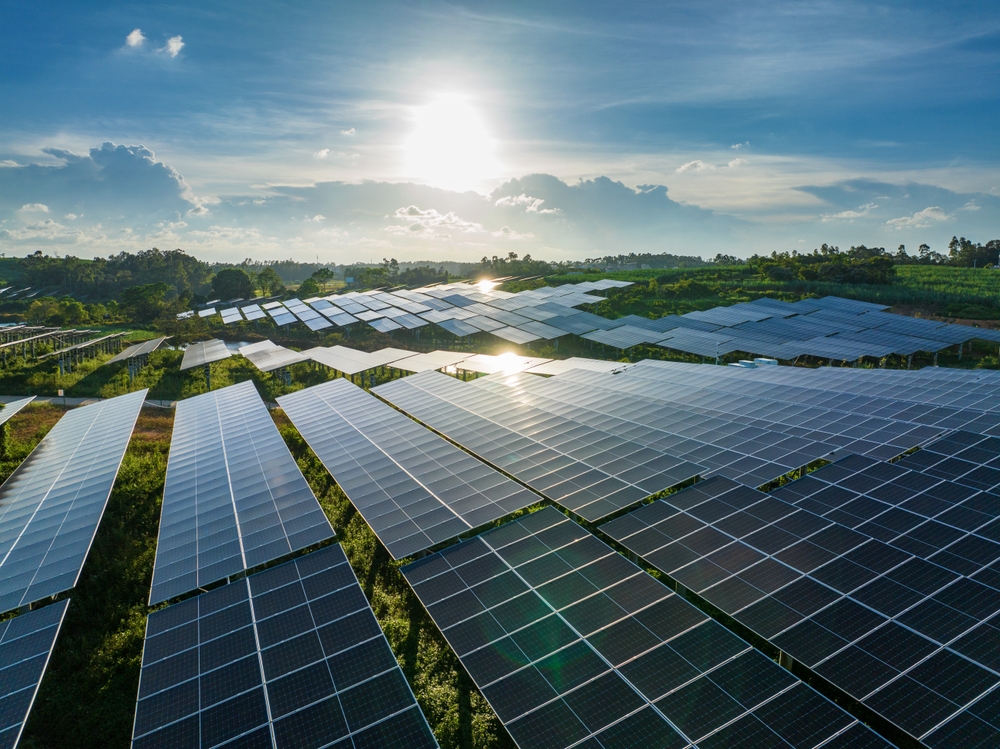
While solar energy offers a promising solution, many people face barriers to adopting it. Homeowners may not have the right roof orientation, renters can’t install panels, or certain communities may lack the necessary upfront capital to invest in solar energy systems. This is where community solar comes in—a groundbreaking solution that makes clean, affordable energy accessible to everyone, regardless of their housing situation or financial capacity.
Community solar is a model that allows multiple participants to share the benefits of a single solar power installation, typically a large-scale solar farm. Instead of installing solar panels on individual homes or buildings, these solar projects are built in locations where the solar energy generated can be distributed to several households or businesses. Participants typically subscribe to a share of the solar farm’s output, and in return, they receive credits on their electricity bill, which reflect the energy produced by their share of the system.
This model allows a wide range of people—homeowners, renters, and businesses—to access solar energy without having to install their own panels. Even those with roofs that aren’t suited for solar or living in multi-family buildings can benefit from these solar programs.
One of the biggest advantages of community solar is that it opens up the possibility of accessing clean energy to those who may not otherwise have the opportunity. Renters, in particular, are often excluded from the solar energy revolution since they don’t have the authority to install panels on their rental properties. Community solar allows renters to participate by subscribing to a local solar farm and receiving credits on their electricity bills.
Additionally, people who live in apartments or homes with unsuitable roofs—whether due to shading, age, or structure—can still benefit from solar energy without having to invest in individual panels. This inclusivity ensures that everyone, regardless of their living situation, can contribute to and benefit from the clean energy transition.
Another significant barrier to solar adoption is the upfront cost of installing solar panels, which can be expensive for many households. With community solar, the cost is shared among participants, making it a much more affordable way to access renewable energy. Participants typically pay a monthly subscription fee based on the amount of energy they want to purchase from the solar farm, and this fee is often lower than traditional electricity rates.
In some regions, solar programs are supported by government incentives or subsidies, further reducing the cost for participants. This affordability makes solar energy more accessible to low-income households and communities that might not otherwise be able to afford it.
Community solar isn’t just about making clean energy accessible; it’s also about fostering a more sustainable future for everyone. By participating in community solar programs, individuals contribute to the generation of renewable energy, which reduces the reliance on fossil fuels and lowers carbon emissions.
This collective effort to switch to solar energy helps accelerate the transition to a cleaner, greener grid. As more individuals and businesses join community solar programs, the environmental impact grows, contributing to the global fight against climate change. Even if a person can’t install solar panels on their home, they can still be part of the solution by supporting and benefiting from community-based solar energy generation.
Community solar is transforming the way we think about access to clean energy. By providing an affordable, inclusive, and environmentally friendly solution, community solar ensures that everyone—whether a homeowner or renter—can benefit from the advantages of solar power. With the added benefits of reduced energy costs and the positive environmental impact, community solar is proving to be a game-changer in the global push for renewable energy.
Looking to make a difference in your energy consumption and reduce your carbon footprint? Contact PTM Solar today.
Quick Links
Resources
PTM Headquarters
6538 Baptist Way,
East Syracuse, NY, 13057
PTM Utica
502 Court St.
Suite 215
Utica, NY 13502
PTM Utica Phone #:
(315) 930-3619
PTM Maine
400 Congress St.
Floor 3, Suites 326 & 303
Portland, ME 04101
PTM Maine Phone #:
(315) 941-4678